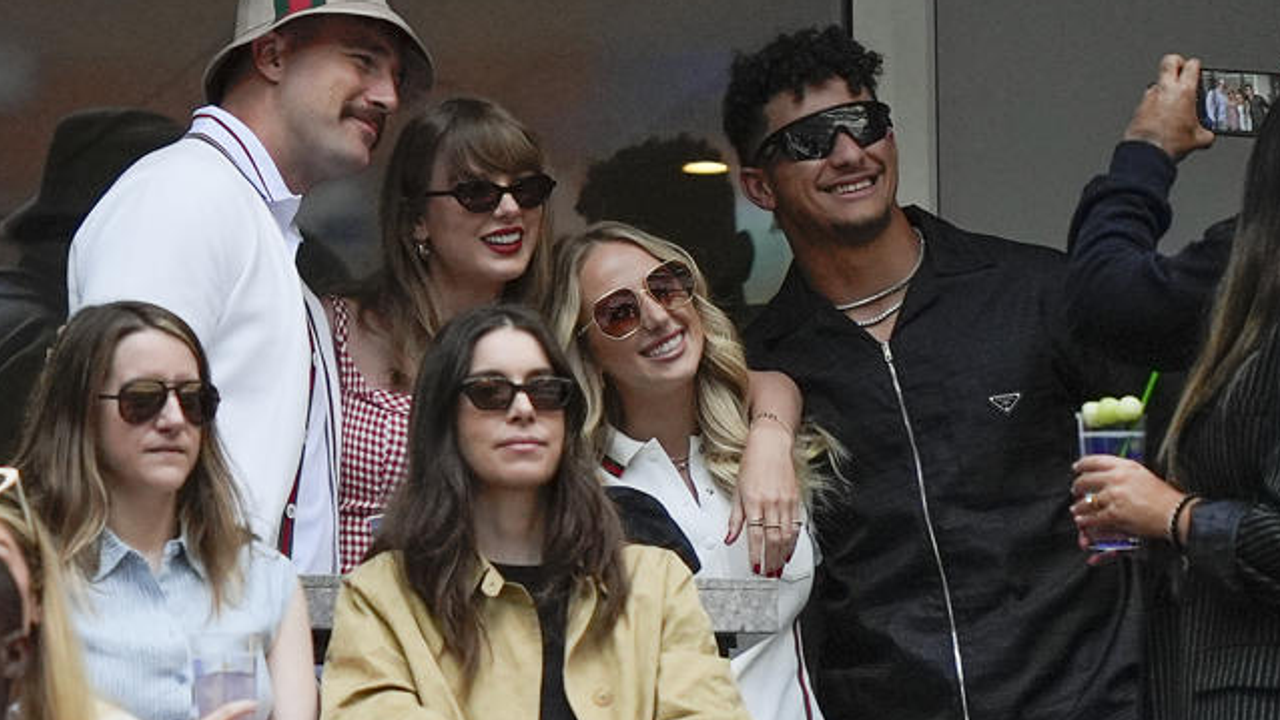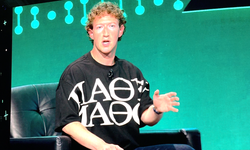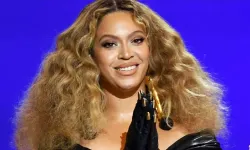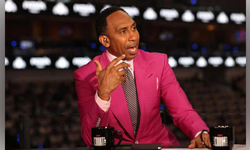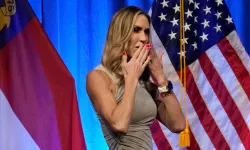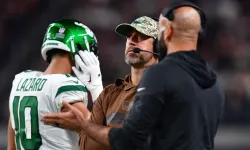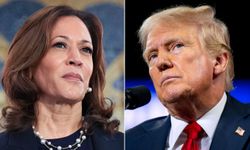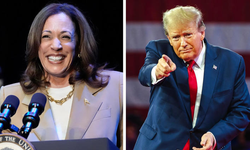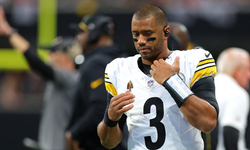The NFL superstar, whose name and face are plastered across billboards, TV commercials, and sports highlight reels, has decided to steer clear of the political fray, despite mounting pressure from various factions to lend his voice to one side or another. This might come as a surprise to some, particularly in an era where the lines between sports, politics, and activism have never been blurrier. But Mahomes’ stance is as firm as his grip on a football, and in his own words: “I’m just not that guy.”
Mahomes has built a career—and a public persona—around his ability to lead both on and off the field, so his decision not to endorse a presidential candidate in 2024 might seem like an unexpected move. But for those who have followed his career closely, his reluctance to dive into the treacherous waters of politics makes sense. His focus, after all, has always been on football and staying grounded in what he knows best: leadership, hard work, and keeping his team winning.
During a press conference, Mahomes addressed the elephant in the room, acknowledging the pressure that many athletes face to speak out on political matters. “I know a lot of people want me to say something, but when it comes to politics, I think it’s important for everyone to make their own decisions,” he said. His words reflect a growing sentiment among athletes who are aware of their influence but wary of the pitfalls of taking sides in an increasingly polarized nation.
Mahomes’ refusal to endorse anyone doesn’t mean he’s apolitical or ignorant of the issues. In fact, he’s been outspoken in the past on topics like social justice, voting rights, and community engagement. His foundation, “15 and the Mahomies,” has done extensive work supporting underprivileged youth, and Mahomes has actively encouraged voter registration efforts, particularly among young people. Yet, when it comes to publicly backing a candidate, Mahomes is playing it safe, or rather, smart.
For Mahomes, staying out of the political endorsement game is more about maintaining a balanced relationship with his diverse fan base than any personal disinterest in the issues. As the face of the NFL’s most successful team in recent years, Mahomes’ supporters span across the political spectrum. From Kansas City die-hards to casual football fans nationwide, the quarterback has managed to garner widespread admiration, regardless of party affiliation. Picking a side could alienate a significant portion of those supporters—a risk that the savvy young star seems unwilling to take.
This approach, while refreshing in its neutrality, does raise questions about the role of athletes in today’s society. Should prominent figures like Mahomes use their influence to sway political outcomes? Or should they, like Mahomes, focus on what they do best—performing on the field and leaving politics to the politicians?
Historically, sports and politics have often intersected, from Muhammad Ali’s protests against the Vietnam War to LeBron James’ vocal advocacy for racial equality and voter rights. The last decade, in particular, has seen athletes from all arenas step into the political spotlight, using their platforms to advocate for causes they care about. Mahomes himself was part of a powerful NFL-wide statement in the summer of 2020, demanding justice for George Floyd and addressing systemic racism. But since then, Mahomes has largely avoided taking a partisan stance, opting instead to focus on broader social issues.
His decision to sit out the political endorsement game may also be reflective of the unique pressures that come with being the face of a franchise. Unlike other athletes who have stepped away from their sport to take on activism full-time, Mahomes is at the height of his football career, with many more years left on the gridiron. Endorsing a candidate, especially in such a deeply divided political climate, could bring with it a level of scrutiny that distracts from his primary job—winning football games and leading the Chiefs to more Super Bowl victories.
It’s also worth noting that Mahomes isn’t alone in his reluctance to wade into politics. While many high-profile athletes have been vocal about their political stances, there are just as many—if not more—who, like Mahomes, prefer to keep their personal views private. For every LeBron James or Colin Kaepernick, there’s a Peyton Manning or Tom Brady, athletes who have been famously tight-lipped about their political affiliations, even when pressed by the media or fans.
In Mahomes' case, his decision not to endorse a presidential candidate doesn’t diminish his leadership, nor does it imply a lack of civic engagement. If anything, it underscores a maturity and self-awareness that many in his position struggle with. He recognizes that his voice carries weight and that any endorsement would be scrutinized from every angle. For now, he’s content to let his actions—both on and off the field—speak for themselves.
As the 2024 election approaches, it’s likely that Mahomes will continue to be asked about his political stance. But if his current position is any indication, don’t expect him to endorse any candidate. Instead, Patrick Mahomes is keeping his focus right where it’s always been: on the game, on his team, and on making a difference in ways that go beyond party politics. For Mahomes, leadership doesn’t necessarily mean picking sides. It means knowing when to stay in your lane and when to step up—and for now, staying neutral is his game plan.
